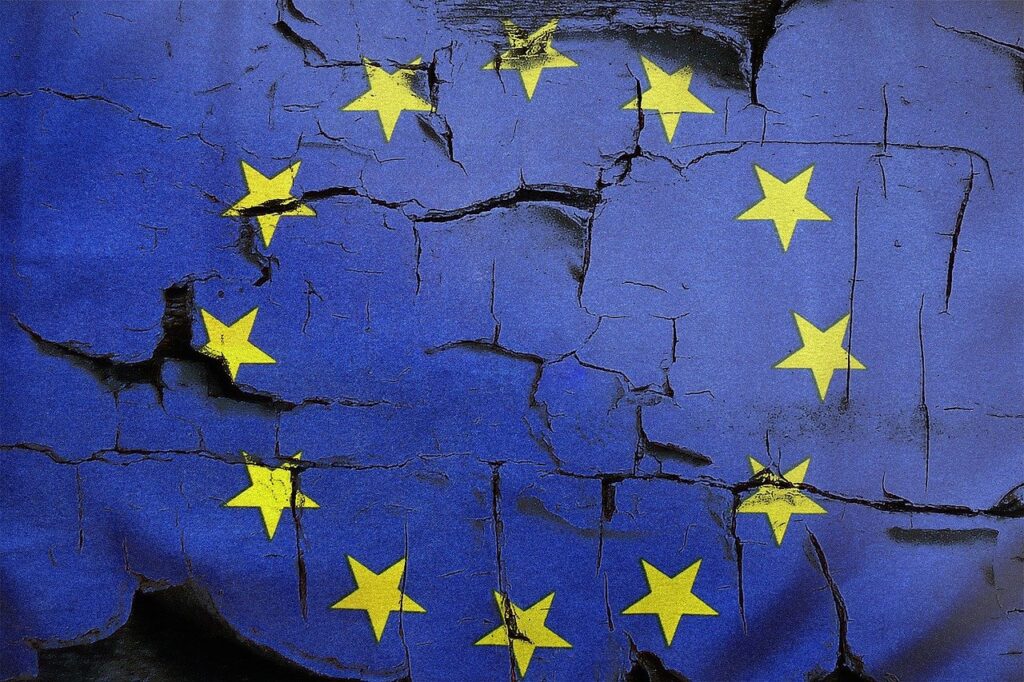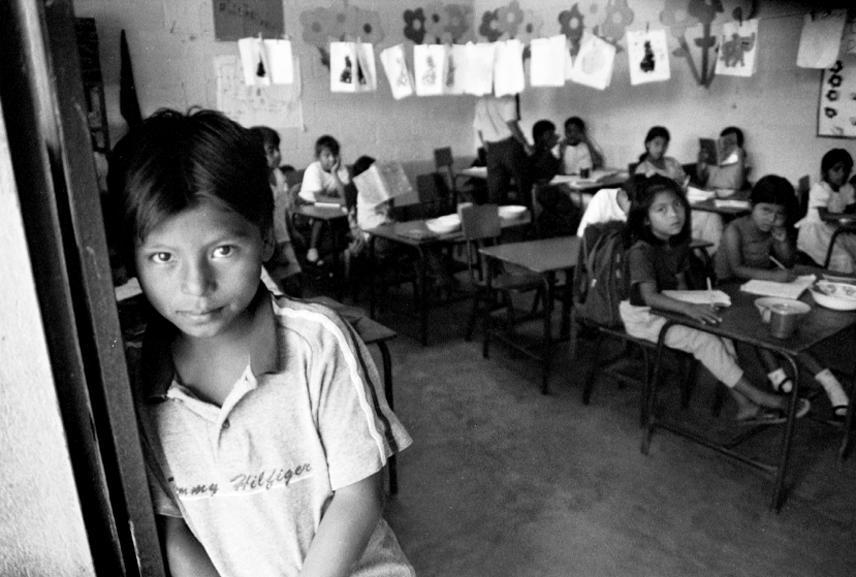In July 2019, heads of government all throughout Europe gathered at the sixth annual Western Balkans Summit and adopted the Declaration on Roma Integration in the EU enlargement process. Through it, they commited themselves to the concrete improvement of the Romani People’s lives in education, employment, health, housing, civil registration and non-discrimination. The promises made with this declaration were short lived, however, as 8 months later the COVID-19 pandemic began, and everyone looked for someone to blame for the ensuing chaos.
The Roma are a nomadic, ethnic minority group. They began migrating from northern India into Europe during the 15th century and have since faced constant discrimination and persecution. With the rise of technology and widespread news outlets, the Roma have always resided in the crosshairs of negative media attention; their agonistic portrayal has only been exacerbated by the recent pandemic. Subsequently, efforts in antidiscrimination have been abruptly halted; in some cases, even reversed.
Despite this, the recently adopted 2020-2025 EU Action Plan Against Racism and the subsequent 2020-2030 EU Roma Strategic Framework released by the European Commission discuss the causes and forms of structural racism within the EU and provide promising solutions to eliminate prejudice and conjure acceptance, notably in regards to ameliorating media representation.
The media has played a historic role in perpetuating the marginalization of the Roma community. In a research study conducted by the Bulgarian Commission for Protection Against Discrimination in 2011, 1,613 news articles from ten different Bulgarian news outlets were analyzed. An overwhelming majority of these articles depict the Roma in a negative light, portraying them as dirty, uncultured and antisocial criminals. Sensationalist article titles like “ROMA ARMY: 200,000 are here with more on their way,”published by British tabloid Daily Star in 2013, work to “other” the Roma people. Language like “army” further reproduces and broadcasts false stereotypes which, unfortunately, influence the attitudes of both the general public and public policy.
This influence is substantial especially in the context of the past three years as Roma communities have been the heaviest hit by the effects of the pandemic. According to a recent report by the Open Society Foundation, around 80% of Europe’s Roma population lives in precarious, high density housing without access to clean, running water and sanitation. These communities also have minimal access to health care services, putting them at a much higher risk of death from COVID-19.
State media have used this to villainize the Roma as a scapegoat. Limited disinformation regulations have allowed far right media in EU member states to spread fake news on the involvement of the Roma in the pandemic. In Spain, for example, news media like Mediterraneo Digital have accused the Roma of not respecting isolation measures and further blaming them for perpetuating the spread of the virus. This kind of coverage plays an important role in legitimizing state authorities’ disproportionate policing of these communities in the eyes of the non-Roma public. For example, countries such as Slovakia, Romania, and Bulgaria have enacted disproportionately strict measures targeting Romani neighborhoods. Bulgaria, in particular, has imposed so many roadblocks and police checkpoints that soldiers and police personnel are more present than nurses, doctors, and medical supplies.
These measures are seen by the public as justified and even at times necessary, not only due to negative media coverage but also due to the backing of these false statements by people in power. For example, Angel Dzhambazki, a Bulgarian Member of the European Parliament, speculated that Romani “ghettos [could]turn out to be the real nests of contagion.” in a public statement. Ultimately, media coverage and statements by people in power play a role in deviating efforts to uplift and empower Roma communities. Despite this, the aforementioned EU strategies offer hope for the future.
Media constructed identities and notions are not static and fixed; rather, these spaces are very polysemic in nature. The latest framework focused on tackling discrimination and anti-Romani rhetoric takes advantage of this fluidity. Both the Action Plan and the more specific Roma Framework include clauses on antiracist media training and methods to strengthen misinformation detection. Under clause IV.4. of the framework, the Commission will launch a joint campaign with UNESCO to develop, “a series of seminars on racial and ethnic stereotypes including against Roma, bringing together journalists, civil society organizations and representatives of people with a minority racial or ethnic background.” Additionally, the Commission will continue supporting the EU Platform for Diversity Charters which focus on working with private media sectors to build positive narratives around the Roma community. In terms of media disinformation — especially regarding the COVID-19 pandemic — the Commission is supporting fact checkers and researchers of the European Digital Media Observatory to identify and take down news that slanders the Roma community.
These policies will hopefully disrupt the prevalent negative depiction of the Roma community and set the groundwork for media spearheading inclusivity and unity to the European public. It all comes down to state commitment and action. Time is ticking.





